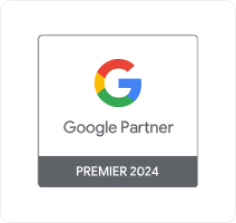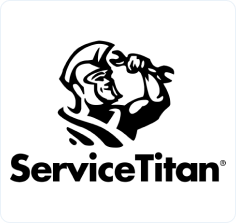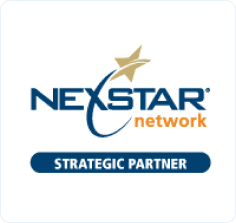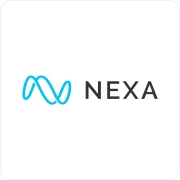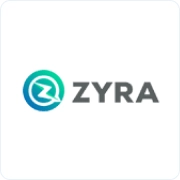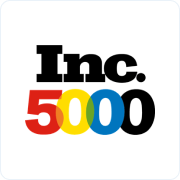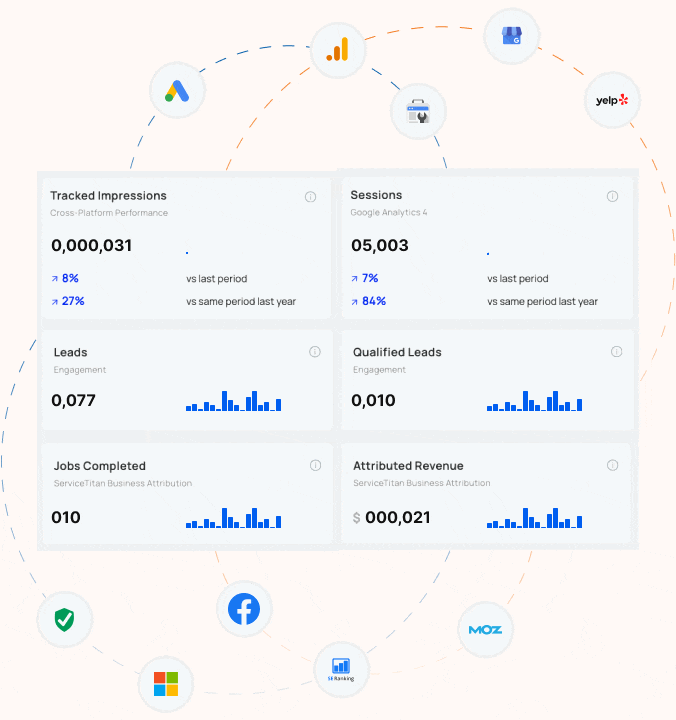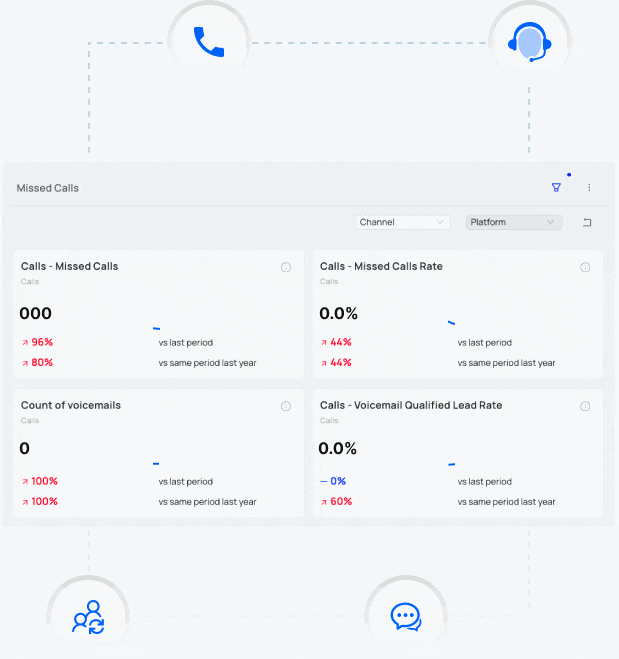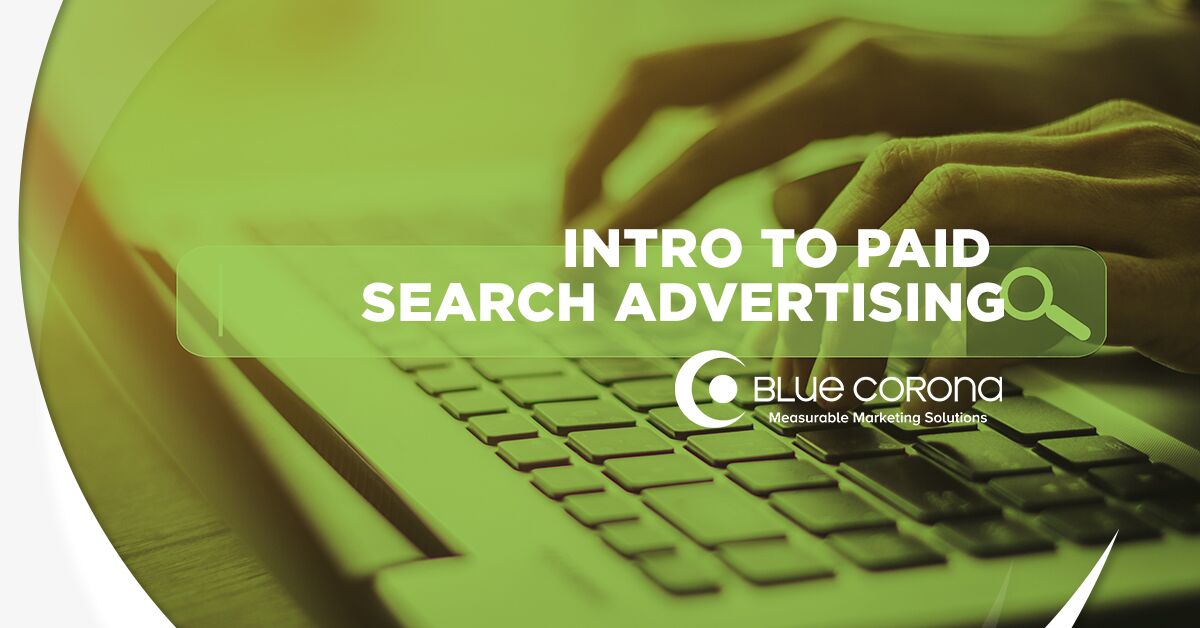
Welcome to paid search 101!
Advertising used to be simple. In the beginning, you had one medium—print. You paid a certain amount of money for a certain amount of space in a print publication and celebrated when your sales grew.
Online advertising isn’t so simple. You’ve got a staggering amount of options—paid social media marketing, paid videos, display advertising, and the list goes on from there.
It can all be a little overwhelming for business owners and marketers, so if that’s you—you’re not alone.
Of all the different types of online ads, there is one type every business owner and marketer should be familiar with—paid search.
Below I’ll break down what paid search marketing is, the benefits of these ads, and how a great paid search strategy can increase leads and sales.
Questions at the end? Contact us!
First Things First—What Is Paid Search Marketing?
Paid search marketing is a cost-effective type of Search Engine Marketing (SEM) that matches your ads with users actively searching online for your products or services.

When using paid search ads, you pay to list advertisements throughout the internet search engines and platforms. Paid search marketing is oftentimes referred to as PPC (which stands for pay-per-click). PPC is the most common form of paid search marketing there is.
The term “PPC” is self-explanatory. Every time your ad is clicked on, you pay the network who is showing your ad. Basically, you are buying visits to your website instead of having them simply rank organically.
One thing to note is that while it’s the most well-known platform, paid search marketing isn’t completely driven by Google—other paid search platforms like Bing are also available.
The Difference between Paid Search and Organic Listings
So how do you know if it is a paid advertisement or not? Check out the following anatomy of a search results page:

If you look at the top of the search engines results page above, the first listing is an advertisement. It is labeled as such. The “ad” symbol is small, so you may not have even realized you were clicking on an ad! When you pay for a listing on the search engine results page, you are paying to have your advertisement put either above or to the right of the organic search listings.
How Paid Search Marketing Works
Here’s how paid search marketing works: businesses bid on certain keywords that they want their advertisements to show up for. Paid search keyword strategy is a science on its own, so for now, just know that the more closely the keywords you choose match a user’s query the easier it is for your ad to rank highly.
Paid search ads appear based on an auction. This determines which ads are shown as well as where they are shown. There are a number of factors to determine where your ad will rank—from the landing page (the page that the advertisement directs to) to the relevance of the advertisement to the searcher’s query, and more!
The basic formula for calculating how ads rank in search results is:
Ad Rank = Bid x Quality Score
What Makes Up the Paid Search Ad Quality Score?
Quality Score refers to how relevent and useful the ad is for the end user.
The actual formula for quality score is a secret. This is so advertisers don’t know exactly what Google takes into account and can’t game the system by only focusing on those factors. Instead, we focus on providing an overall relevant and useful experience as users go from search to ad to webpage, following the broad guidelines Google provides.
They have three major components that go into quality score:
- Landing Page Experience – How relevant the page you send ad traffic to is relative to the user’s search, and also how easy the page is to use for people, which includes things like mobile-friendliness and load time.
- Ad Relevance – How relevant is your ad to what the user is looking for?
- Expected Click-Through Rate (CTR) – How likely your ad is to be clicked, estimated by Google based on your historical performance, the historical performance of similar advertisers, and the Google Ads features you are using
Why Do Paid Search Marketing? What Are the Benefits of Paid Search?
Why should you invest in paid search marketing? Because 93% of online experiences start with a search engine, and 63% of searchers say they click on paid ads. Why? Well, 75% of those users say paid ads make it easier to find the online information they’re looking for.
What are the other benefits of paid search marketing? Think of the acronym “ETC.” Simple, right? Paid search is:
Efficient
When a company has not invested in search engine optimization (SEO) and does not appear in search results, paid search ads can be a quick fix. Where SEO may take months to get results, paid search ads allow your advertisements to show up on the first page immediately after set-up!
Targeted
You can choose exactly what keywords you want your ad to show up for AND how much you are willing to pay for a click. You can exclude keywords, target specific locations, and more!
Cost-Effective
You have control over your paid search spend and you can measure exactly where your spend goes. Think of it like this: you could be paying $1,500 for a billboard, where you may not get a single lead. The people passing by may not have a need for your product or service. Instead of paying $1,500 for a billboard, you could be targeting people actively searching for your products and services online and use that $1,500 towards people who are more likely to be qualified leads. Not only that, but businesses also make, on average, $2 in income for every $1 they spend in Google Ads.
PPC Vocabulary to Know
In order to get you started on your PPC journey, I wanted to give you some terms that are commonly heard with PPC. So get your notepads ready! Here is some basic PPC vocabulary that you’ll know more about later on:
- Ad position – where in the search results page your ad appears
- Bing Ads – Bing and Yahoo’s paid search/ PPC platform
- Paid search campaign – the highest level in an account
- Click – occurs when someone clicks on an ad
- Click-through-rate (CTR) – the percentage of times your ad has been clicked on in relation to the number of times it appeared
- Conversion – happens when a customer completes a specified action. This can range from a click or download to even filling out a form or calling your business.
- Cost-per-click (CPC) – the amount, per click, an advertiser pays a search engine for one click.
- Default max CPC – the maximum amount you are willing to pay for a click (a bid)
- Avg. CPC – the actual average amount spent per click
- Cost-per-lead (CPL) – the amount of money paid for each lead generated.
- Cost-per-mille (CPM) – cost per thousand impressions; advertisers pay a specified amount for 1,000 impressions
- Google Ads – Google’s paid search platform
- Impressions – the number of times your advertisement showed up on a page
- Landing page – the website where your advertisement takes the user
- Keyword – a word or phrase used to display an advertisement
- Optimize – ways to improve something from an account. This can range from changing ad copy to changing the targeting.
- Quality Score – a ranking system from 1 – 10 that Google uses to decide your Ad Rank
- Search Engine Results Page (SERP) – the results seen by typing in a search query.
I hope you enjoyed your first looks of the wild world of paid search marketing. If you want to learn more, check out our other paid search articles.
Looking for Paid Search Marketing Help? You’ve Come to the Right Place.
If you’re looking for paid search marketing services, we’re your agency. We are a Google Premier Partner, a distinction reserved for the top 3% of PPC agencies in North America. Need help with Google Ads or any other PPC platform? Contact us today and we’ll be glad to help!
Let us help you put your ad in front of qualified buyers. Let us do a FREE analysis of your current paid search campaigns!




